This Week in History, Jan. 19th – Jan. 25th.
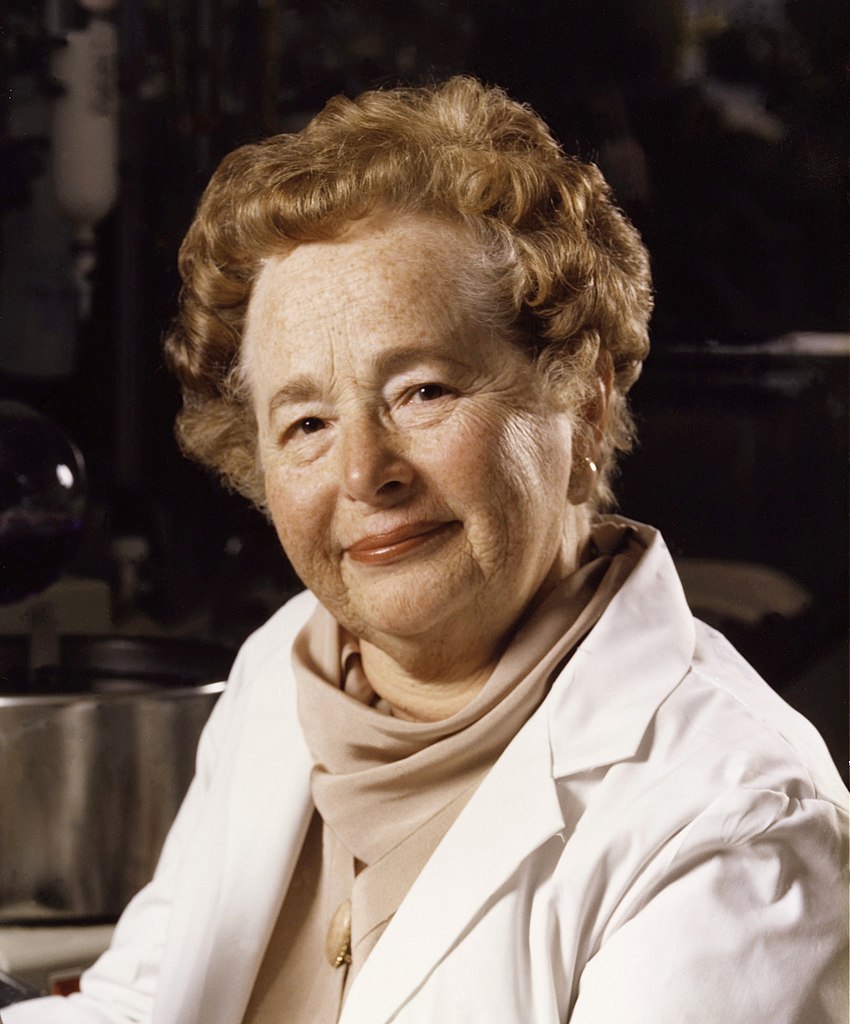
“Don’t be afraid of hard work. Nothing worthwhile comes easily. Don’t let others discourage you or tell you that you can’t do it. In my day I was told women didn’t go into chemistry. I saw no reason why we couldn’t.” — Gertrude B. Elion1
A co-recipient of the 1988 Nobel Prize for Physiology or Medicine, biochemist Gertrude Belle Elion2 was born this week in 1918.
Ms. Elion and her colleagues won “…the Prize for their use of innovative methods of rational drug design for the development of new drugs. …[A] new method focused on understanding the target of the drug rather than simply using trial-and-error.”3
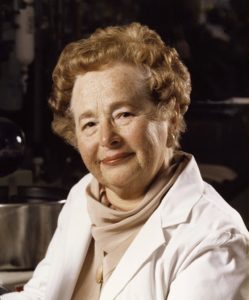
Ms. Elion’s dedication to her work and career enabled her to overcome obstacles such as a lack of funding for her education and gender bias. Fortunately for us it is we who are the true beneficiaries of her work. Her discoveries helped to develop the drugs used to treat diseases such as AIDS, malaria and cancer.
To learn more about Gertrude Elion, and to read letters of thanks from the people whose lives she touched, check out Nobel Prize women in science : their lives, struggles, and momentous discoveries, which can be found in the collection at Q141 .B42 1993.
“Now why should the cinema follow the forms of theater and painting rather than the methodology of language, which allows wholly new concepts of ideas to arise from the combination of two concrete denotations of two concrete objects?”
This week is the 122nd birthday of film theorist and director Sergei Eisenstein5, who helped to pioneer the theory and practice of montage.6 Most people think of montage as film editing, which it is, but Eisenstein and his colleagues advanced the concept even further:
Eisenstein believed that editing could be used for more than just expounding a scene or moment, through a “linkage” of related images. Eisenstein felt the “collision” of shots could be used to manipulate the emotions of the audience and create film metaphors. He believed that an idea should be derived from the juxtaposition of two independent shots, bringing an element of collage into film. He developed what he called “methods of montage”:5
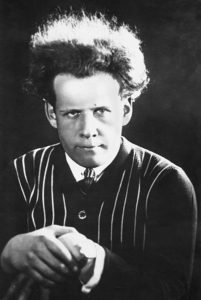
You can learn more about the dramatic and tumultuous life of Sergei Eisenstein by checking out Sergei Eisenstein : a life in conflict. View it online through the Clark Library catalog.
“If only we’d stop trying to be happy we’d have a pretty good time.”
The first woman to win the Pulitzer Prize for literature was born this week in 1862.
With the support and urging of her friend Henry James,8 Edith Wharton used her life experiences as a member of the American aristocracy to give her readers an insiders view of life in “The Gilded Age”9 It was for her novel, The Age of Innocence10 that she won the Pulitzer Prize in 1921.
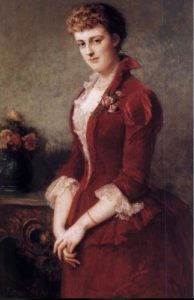
The Clark Library has an extensive list of books about the life of Edith Wharton. One such title is The age of innocence: authoritative text, background and contexts, sources and criticism, which is located in the collection at PS3545.H16 A7 2003
1 https://www.quotetab.com/quote/by-gertrude-b-elion/dont-be-afraid-of-hard-work-nothing-worthwhile-comes-easily-dont-let-others-d
2 https://www.nobelprize.org/prizes/medicine/1988/elion/biographical/
3 https://en.wikipedia.org/wiki/Gertrude_B._Elion
4 https://commons.wikimedia.org/wiki/File:Gertrude_Elion.jpg
5 https://en.wikipedia.org/wiki/Sergei_Eisenstein
6 https://en.wikipedia.org/wiki/Montage_(filmmaking)
7 https://commons.wikimedia.org/wiki/File:Sergei_Eisenstein_03.jpg
8 http://blog.loa.org/2010/10/moved-by-story-henry-james-writes-to.html
9 https://en.wikipedia.org/wiki/Gilded_Age
10 https://en.wikipedia.org/wiki/The_Age_of_Innocence
11 https://commons.wikimedia.org/wiki/File:Edith_Wharton_by_Edward_Harrison_May.jpg
